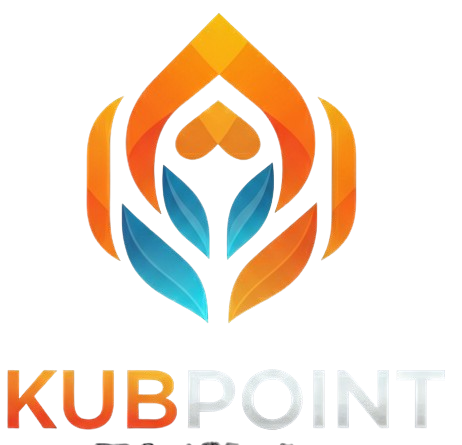Cognition AI late Monday emerged as the likely owner of Windsurf, the hotly contested artificial intelligence (AI) coding startup that drew months-long interest from OpenAI before striking a licensing deal with Alphabet Inc.’s Google.
Cognition said it has reached a definitive agreement to acquire Windsurf for an undisclosed sum, capping a whirlwind, stormy few days in which Windsurf was the prize in a corporate tug of war that saw its CEO, Varun Mohan, and others defect to Google as part of a $2.4 billion accord, and left OpenAI empty handed after it offered $3 billion to acquire Windsurf. Cognition said it is picking up Windsurf’s intellectual property, product, trademark and brand, and business operations.
“What an insane weekend — from first call after 5pm on Friday to a signed definitive agreement this morning,” Cognition CEO Russell Kaplan said in a post on X. Kaplan indicated the acquisition came together over the weekend, just hours after the Google deal was made public.
In an email to employees, Windsurf’s interim CEO Jeff Wang said, “Among all the teams in the AI space, Cognition was literally the one we have respected the most, and they are a perfect fit to bring Windsurf to the next phase.” (In a post on LinkedIn, Wang added, “The last 72 hours have been the wildest rollercoaster ride of my career.”)
Until the deal is finalized over the next few months, Windsurf will operate independently. Cognition has promised significant investment to meld Windsurf’ technology and other assets into its product suite that includes Devin, its flagship autonomous agent. Windsurf will continue working on its AI-powered IDE (integrated development environment), while Cognition works on Devin, both companies said Monday.
The addition of Windsurf could very well supercharge Cognition’s ambitions to compete with AI giants OpenAI, Anthropic, and Cursor, according to industry experts. Cognition was one of the first AI startups to introduce an AI coding agent, Devin, that not only performed tasks but promised to automate them.
Acute interest in Windsurf reflects heightened interest to develop AI coding tools, especially IDE that Windsurf and Cursor specialize in, as agentic coding intensifies. Businesses with expertise in the technology have benefited from a boom in sales: Cursor’s annualized recurring revenue (ARR) is about $500 million; Windsurf’s ARR is $82 million, fueled by enterprise ARR doubling quarter over quarter. Cognition says Windsurf has at least 350 enterprise customers and “hundreds of thousands” of daily active users.
Big Tech’s fascination with owning a piece of Windsurf, if not the entire company, highlights their land grab for talent as the AI sector heats up. Companies like OpenAI, Google, Meta Platforms Inc., and others are hurtling headlong with bold acquisition offers and lucrative compensation packages of up to $100 million.
“The dust appears to have settled in this whirlwind of who will buy or license Windsurf technology this week,” said Mitch Ashley, VP and Practice Lead of Software Lifecycle Engineering at Futurum. “The licensing agreement with Google immediately preceding the announced acquisition by Cognition AI shows some real savvy on the part of leaders at Windsurf. Concerns were raised about the leadership gap at Windsurf, with the ‘acquihire’ of their CEO and CTO as part of the licensing deal with Google. This acquisition answers those questions, putting Windsurf in the hands of Cognition AI’s leadership.”
“Windsurf dramatically accelerates Cognition AI’s vision of Devin becoming the first fully agentic AI software developer,” Ashley said. “Devin now has an advanced IDE platform for development, the addition of a customer base of 300+ enterprises, and the addition of a solid engineering team from Windsurf.”

